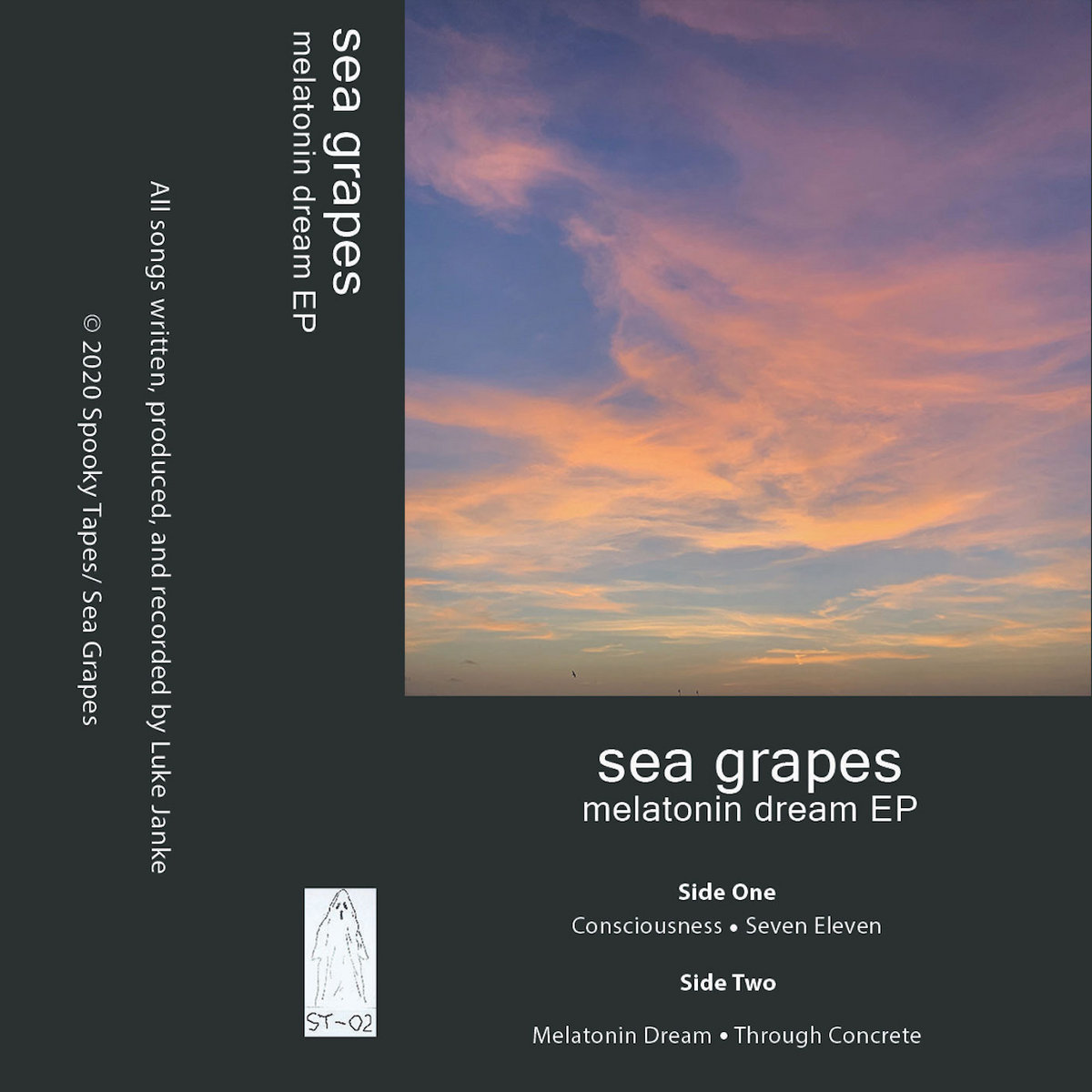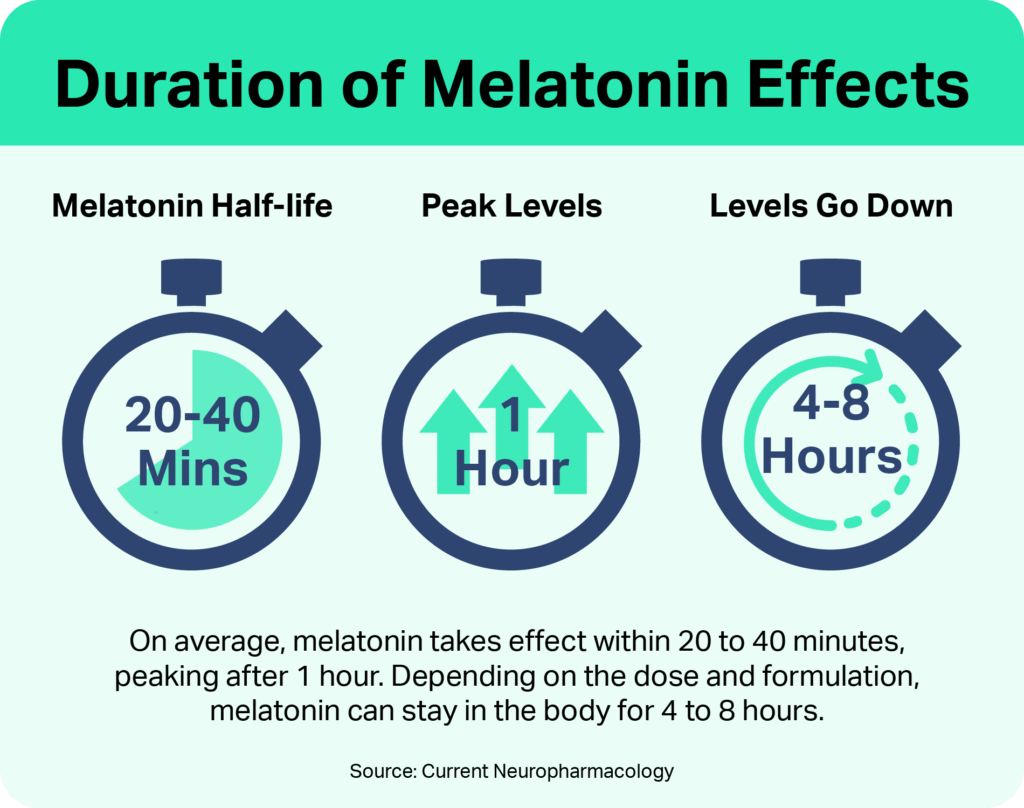Who knew that a simple bunch of grapes could hold the secret to a better night's sleep? If you're one of those people who struggle with sleep issues, you might want to pay attention because melatonin-rich grapes could be your new best friend. Recent studies have shown that certain types of grapes naturally contain melatonin, the hormone that regulates sleep-wake cycles. But what exactly does this mean for your nightly routine? Let's dive in.
Imagine biting into a juicy grape and knowing that it's not just delicious but also packed with a natural sleep inducer. Sounds too good to be true, right? Well, science says otherwise. Grapes have been quietly holding this secret for years, and now researchers are finally giving them the credit they deserve. This isn't just about snacking; it's about understanding how nature can help us sleep better.
But before we go any further, let's break it down. Grapes aren't just random fruits with random properties. They're packed with antioxidants, vitamins, and minerals that contribute to overall health. And now, with the discovery of melatonin in their composition, they've officially moved up the ranks in the superfood category. So, are you ready to learn more? Let's get into the juicy details.
What is Melatonin and Why Does it Matter?
Melatonin is often referred to as the "sleep hormone," and for good reason. It's produced naturally by the pineal gland in your brain and helps regulate your body's internal clock, known as the circadian rhythm. When it gets dark outside, your body starts producing more melatonin, signaling that it's time to wind down and prepare for sleep.
But what happens when your melatonin levels are off? You might find yourself tossing and turning, struggling to fall asleep, or even waking up in the middle of the night. This is where melatonin supplements come in, but who says you need pills when nature has already provided the answer? Enter grapes, the unexpected sleep aid.
Types of Grapes That Contain Melatonin
Not all grapes are created equal when it comes to melatonin content. Red and purple grapes tend to have higher levels of this sleep-inducing compound compared to their green counterparts. Why? It all comes down to the skin. The darker the grape, the more antioxidants and melatonin it contains.
Key Varieties to Look Out For
- Cabernet Sauvignon grapes
- Merlot grapes
- Purple seedless grapes
- Red Globe grapes
These varieties are not only rich in melatonin but also loaded with other beneficial compounds like resveratrol, which is known for its anti-aging properties. So, the next time you're at the grocery store, consider reaching for a bag of red or purple grapes instead of the usual green ones.
How Grapes Affect Sleep Quality
Now that we know grapes contain melatonin, let's talk about how they actually improve sleep quality. Consuming melatonin-rich foods like grapes can help regulate your circadian rhythm, making it easier to fall asleep and stay asleep throughout the night. But that's not all. Grapes also contain other compounds that contribute to better sleep, such as:
- Resveratrol: An antioxidant that reduces inflammation and promotes relaxation.
- Polyphenols: Compounds that support brain health and reduce stress.
- Vitamin C: An immune booster that helps your body recover during sleep.
So, it's not just about the melatonin. Grapes offer a holistic approach to improving sleep, targeting multiple aspects of your well-being.
Scientific Studies Supporting Grapes and Melatonin
Don't just take our word for it. Numerous studies have explored the connection between grapes and melatonin, with promising results. A 2019 study published in the Journal of Agricultural and Food Chemistry found that red grapes contained significant amounts of melatonin, which could potentially help with sleep disorders. Another study conducted by the University of Texas revealed that consuming grapes regularly improved sleep efficiency by 20% in participants.
While more research is needed, the current evidence is compelling enough to suggest that grapes could be a valuable addition to your bedtime routine. And who wouldn't want a natural, delicious way to improve their sleep?
Tips for Incorporating Grapes Into Your Diet
Now that you're convinced grapes are the ultimate sleep aid, here's how you can incorporate them into your daily routine:
Snack Smart
Keep a bowl of red or purple grapes on your kitchen counter for easy access. They make a perfect snack when you're craving something sweet but want to avoid processed sugars.
Blend Them Into Smoothies
Throw a handful of grapes into your morning smoothie for an extra boost of antioxidants and melatonin. Combine them with spinach, banana, and almond milk for a nutrient-packed drink.
Add Them to Salads
Grapes pair beautifully with savory dishes. Toss them into a spinach salad with walnuts and feta cheese for a delicious and healthy lunch option.
Common Myths About Grapes and Sleep
With so much information floating around, it's easy to get confused. Here are some common myths about grapes and sleep, debunked:
- Myth: All grapes are equally beneficial for sleep. Fact: Red and purple grapes are richer in melatonin than green grapes.
- Myth: You need to eat a lot of grapes to see results. Fact: Even a small serving can make a difference, especially if consumed regularly.
- Myth: Grapes are only good for sleep. Fact: They offer a wide range of health benefits, from boosting immunity to improving heart health.
So, the next time you hear someone spreading grape-related misinformation, you'll be armed with the facts.
How to Maximize the Benefits of Grapes for Sleep
While eating grapes is a great start, there are a few tips to help you maximize their benefits:
- Eat them about an hour before bed to allow the melatonin to take effect.
- Choose organic grapes whenever possible to avoid pesticides.
- Pair them with other sleep-promoting foods like almonds or cherries.
Remember, consistency is key. Incorporating grapes into your diet regularly will yield better results than eating them sporadically.
Other Foods Rich in Melatonin
If you're looking to diversify your sleep-inducing diet, here are some other foods that are rich in melatonin:
Cherries
Like grapes, cherries are a natural source of melatonin. They're also low in calories and high in antioxidants, making them a great snack option.
Nuts
Almonds, walnuts, and pistachios are all excellent sources of melatonin. They also contain healthy fats that support brain function.
Herbal Teas
Teas like chamomile and valerian root can enhance the effects of melatonin-rich foods by promoting relaxation.
Conclusion: Grapes Are the Sleep Solution You've Been Waiting For
Let's recap: Grapes contain melatonin, which helps regulate your sleep-wake cycle. Certain varieties, particularly red and purple grapes, are richer in this sleep-inducing compound. By incorporating them into your diet, you can improve your sleep quality naturally and deliciously.
So, what are you waiting for? Grab a bunch of grapes and give them a try. And don't forget to share this article with your friends who might be struggling with sleep issues. Together, we can all sleep better and wake up feeling refreshed. Sweet dreams!
Table of Contents
- What is Melatonin and Why Does it Matter?
- Types of Grapes That Contain Melatonin
- How Grapes Affect Sleep Quality
- Scientific Studies Supporting Grapes and Melatonin
- Tips for Incorporating Grapes Into Your Diet
- Common Myths About Grapes and Sleep
- How to Maximize the Benefits of Grapes for Sleep
- Other Foods Rich in Melatonin
- Conclusion: Grapes Are the Sleep Solution You've Been Waiting For


